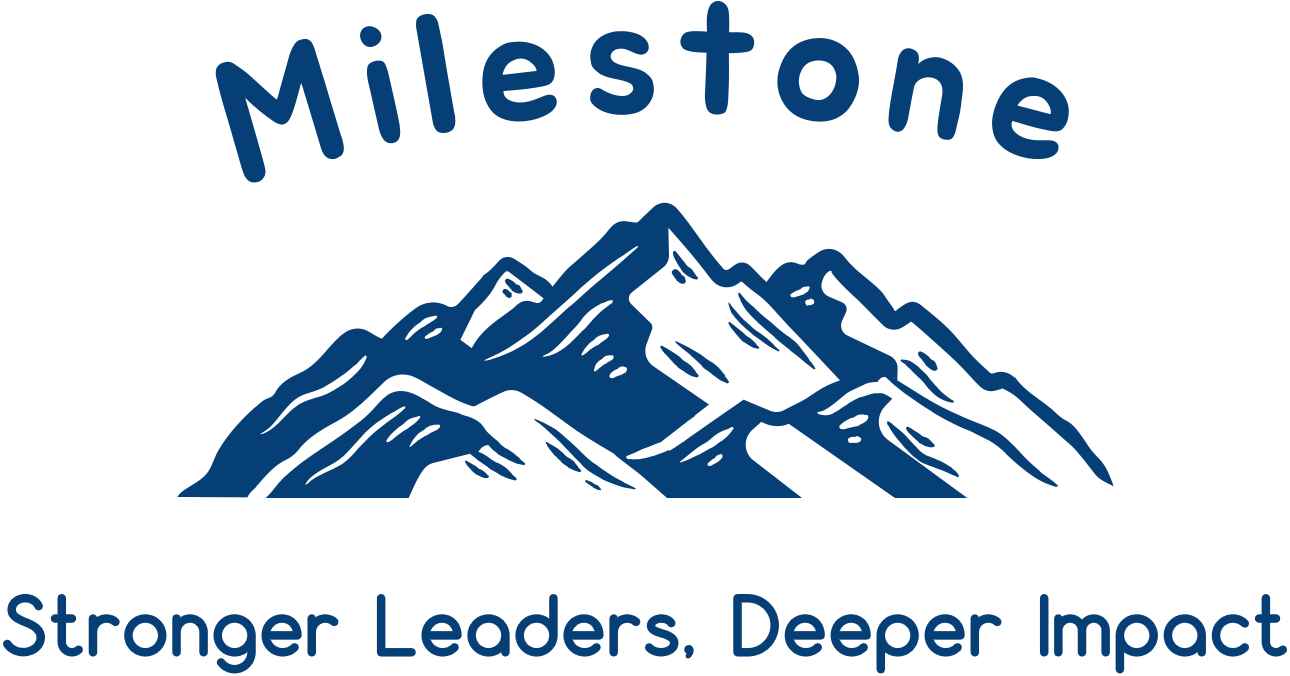Leadership Profiles: Eric Glustrom and Andrew Lippi and the Watson Institute
Earlier this week, we held our quarterly Watson Institute board meeting, and this meeting reminded why me it’s such a privilege to work with leaders like Eric Glustrom (CEO & Founder) and Andrew Lippi (COO & Co-Founder). Every time I sit in on these meetings, or work with them on other projects in a less formal setting, I get a valuable opportunity to see their leadership styles that are a rare blend of vision, humility, and operational excellence.
Here are a few things that I noticed in this board meeting:
1. Credit to the Team
One thing you notice right away: no matter the topic, wins are framed as “The team did XYZ.”, usually along with a specific team member or two that helped deliver that win. That’s not a throwaway line. Part of the leadership DNA at Watson is an instinct to highlight collective achievement and deflect the spotlight onto the people doing the work every day.
It’s also no coincidence that Watson is now celebrating over two years with no “bad attrition.” At a time when mission-driven organizations face constant turnover, that kind of retention says a lot about the trust, respect, and empowerment that Eric and Andrew build into the culture of the organization.
If you are interested in a sobering story about attrition in the social sector, check out: 45% Of Nonprofit Employees To Seek New Jobs By 2025: Report.
2. Progress Coupled with Humility
The results are there: solid financials, new partnerships, and measurable increases in impact. But what’s equally important is how those wins are paired with an honest acknowledgment of the gaps and the acknowledgement of the places where Watson can continue to get even better.
Their humility isn’t about underselling success; it’s about setting an example for the organization and helps the the team stays curious, avoid complacency, and continually expand the boundaries of what’s possible for Watson’s Fellows and Alumni.
If you haven’t read Jim Collins’ Good to Great (or haven’t read it in a while), he talks about Level 5 Leadership, which he describes as a “mix of personal humility and professional will”. As Collins puts it, “They look out the window to attribute success to factors other than themselves. When things go poorly, however, they look in the mirror.”
3. Preparedness as a Discipline
Preparedness is one of those traits that’s easy to appreciate but hard to consistently execute. Eric and Andrew lead by example here. As always, the agenda for the board meeting was tight and purposeful. Board materials didn’t just include updates, they proactively answered many of the most common questions that tend to surface during these sessions.
When questions from the board did come up, they could answer them with both data and insight. That’s a rare combination: the ability to ground a discussion in facts while also framing those facts in the context of the organization’s mission, strategy, values and operating environment.
That level of readiness is more than competence. As McKinsey notes in this article Ready to board: Communicating for long-term impact, Leaders who “diligently prepare, keeping in mind the board’s composition, dynamics, and culture” create lasting impact through board communications. That discipline doesn’t just support decision-making; it builds trust, drives mission clarity, and signals leadership maturity.
Why This Matters
The work Watson does supporting amazing early-stage social entrepreneurs who, in turn are addressing some of the most challenging social challenges, demands leaders who can inspire, execute, and help the organization to grow. The leadership Eric and Andrew demonstrate sets a tone for the entire organization: celebrating the team, facing challenges with humility, and coming to the table prepared.
As a board, our role is to challenge and support. When the leadership team shows up like this, it makes that role both more effective and more rewarding. Watson is in good hands, and I’m excited to see where the next chapter takes us.
